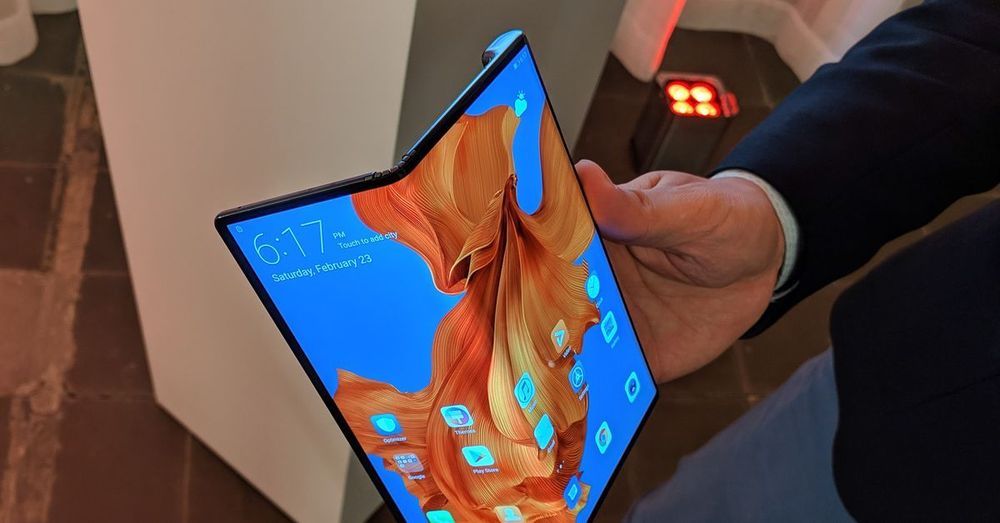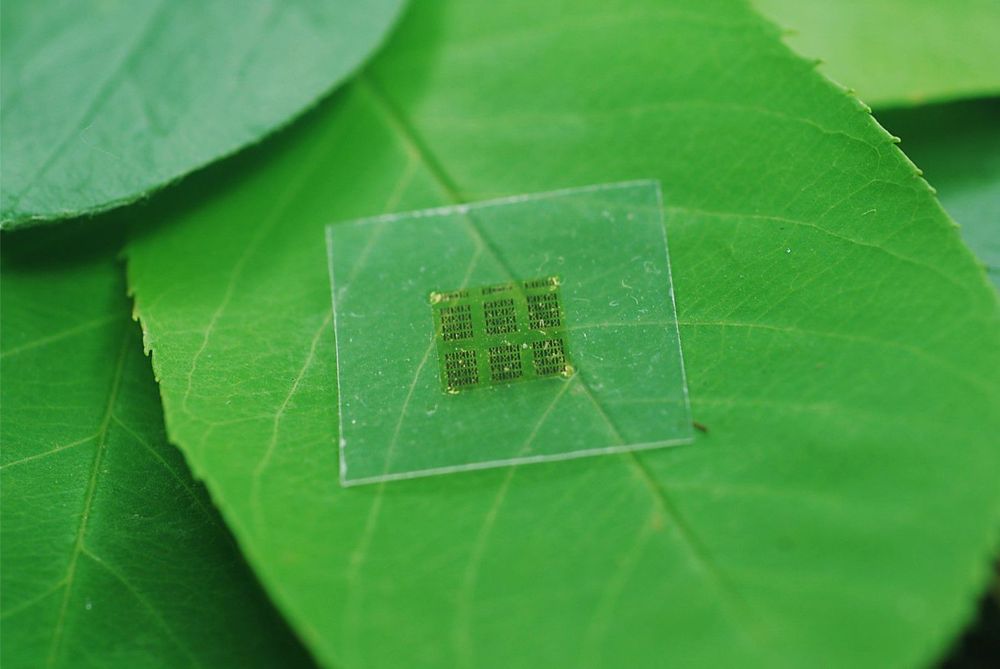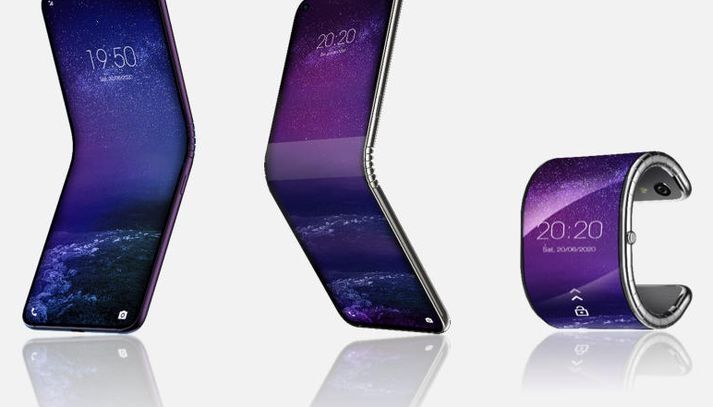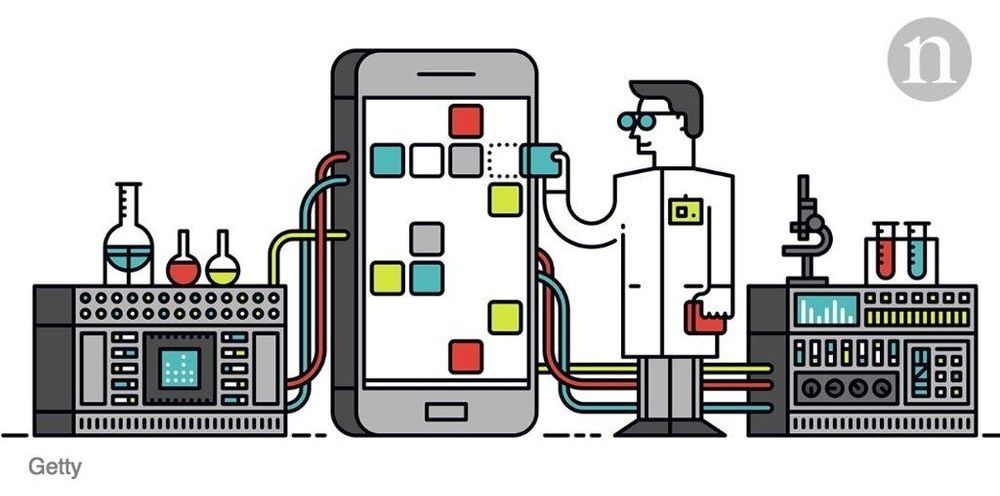Ah, warm weather. It’s time for t-shirts, backyard barbecues, pool parties, and madly swatting at mosquitoes as the biting insects come out from hiding to make our outdoor experiences miserable.
There are some traditional ways of fighting off the flying pests. You can slather on insect-repellent sprays and lotions, light citronella candles, or just keep smacking the bugs when they land on you. Or you can try out some newer methods, including interesting gadgets that take on the problem.
You may even have heard about smartphone apps that are designed to deter mosquitoes, but there’s something you need to know about those.





